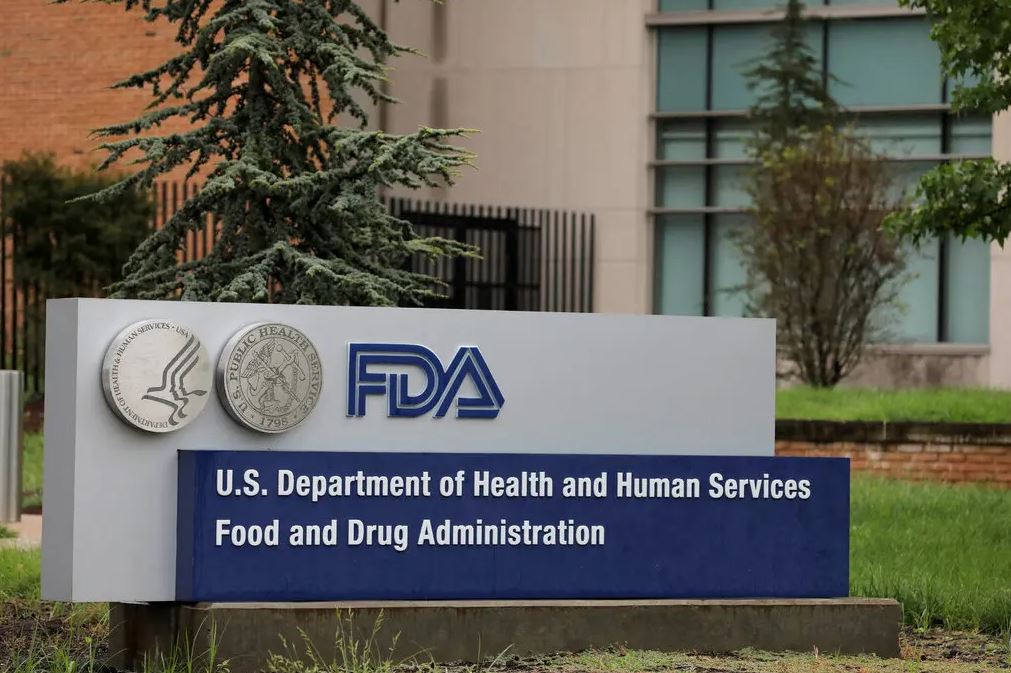After a unanimous decision by FDA advisers that the medicine did not assist pregnant women, the manufacturer of Makena, Covis Pharma Group, has decided to voluntarily remove the drug off the market. Makena was the only drug on the market that was intended to prevent premature births. After years of research, it became clear that the treatment was unable to prevent potentially harmful preterm deliveries, which was the basis for the first approval of the drug for sale; nevertheless, this approval was based on signs that the drug would be successful.
Makena was the sole option for a health risk that disproportionately impacts black mothers and children, who have a greater chance of death or impairment with preterm delivery. Despite the recent depressing research findings, Makena was the only option for this health risk. Because of the withdrawal of the medicine, many women who have previously given birth prematurely will no longer have access to any therapies that are supported by evidence when they get pregnant again.
The FDA’s expedited approval procedure, which is designed to award speedy clearance to a treatment aimed at a critical, unmet medical need if it shows promise in providing a benefit to patients, has hastened the introduction of around 300 new pharmaceuticals to the market during the last 30 years. Critics have suggested that the fast approval procedure is defective, and the recent case of Makena is a great illustration of how pharmaceuticals that were originally authorised for sale without sufficient evaluation might subsequently show to be worthless if more research is not conducted on them.
The efforts of Congress to improve the expedited approval process ended in the previous year with the implementation of a few small amendments, one of which was the acceleration of follow-up studies to demonstrate that a medicine is beneficial to patients.
Dr. Michael Carome, director of health research at Public Citizen, an organisation that advocates for consumers’ rights, believes that the Food and Drug Administration (FDA) should seek even greater power in order to strengthen the fast approval procedure. Before the preliminary go-ahead is given, the agency advisors need to conduct an assessment of the medicine that is requesting expedited clearance. Dr. Carome recommended that the FDA look into getting the power to quickly remove a medicine from the market if a subsequent research reveals that the drug offers no benefit.
Covis presented a strategy for the voluntary removal of the drug in a press release that it issued. The plan included a wind-down phase that would enable patients using the prescription to finish their courses and would also allow the firm to utilise its remaining inventory. Nevertheless, the Food and Drug Administration (FDA) did not support the request, and as a result, Dr. Celia Witten, an agency official and the person in charge of presiding over the hearing in October, suggested that the medicine be taken off the market.
Patients and clinicians who wanted additional investigation in the highest-risk groups came out in its defence at recent agency meetings. Although the medicine was attacked for giving women false hope, they urged continued study in the highest-risk populations.

